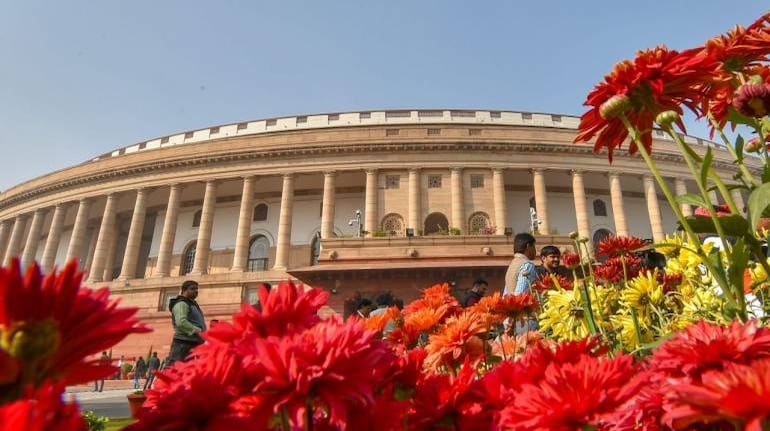



Member of Parliament (MP) from Thiruvananthapuram Shashi Tharoor introduced a Private Member’s Bill in Lok Sabha seeking to establish a regulatory mechanism for the online gaming sector.
The Sports (Online Gaming and Prevention of Fraud) Bill aims to bring the sector under the government’s oversight that would ensure licence conditions are being followed and help curb generation of black money.
The Bill was introduced less than month after another Private Member’s Bill, or simply PMB, was tabled by Nationalist Congress Party (NCP) MP Supriya Sule. The Right to Disconnect Bill, 2018, aims to give employees the right to refuse work-related calls and emails beyond work hours.
It is aimed at reducing work-related stress among employees and improve work-life balance. The bill also proposes to set-up an Employees’ Welfare Authority that will provide counselling and access to digital detox centres.
With a dismal track record of PMBs, it remains unclear as to when these bills will be taken up for discussion.
Also read: How practical is it to implement Right to Disconnect?
What is a Private Member’s Bill?
A Member of Parliament (MP) who is not a Minister in the Union Cabinet is called a Private Member. Bills introduced by such members are called Private Member's Bills. A PMB can be introduced in either the Lok Sabha or Rajya Sabha. Bills introduced by ministers are called Government Bills.
Generally, the 2.00 pm to 6.00 pm slot on alternate Fridays during sessions are reserved for discussion on PMBs.
There are no restrictions as to what a PMB should be about. The scope of a PMB is same as that of a Government Bill. These bills can deal with any issue and can also be a Constitutional Amendment Bill.
Unlike a Government Bill, a PMB is not discussed by the Council of Ministers internally.
Watch: Reporter's Take | Employees may soon be able to refuse office calls after work hours thanks to a PMB
The procedure
PMBs are drafted by MPs themselves or by their staff. These bills are, however, scrutinised and checked by the Parliament Secretariat for technicalities and legal consistency.
The member has to provide a one-month notice along with a copy of the ‘Statement of Object and Reasons’. Through the statement, the member is required to elaborate on the bill.
In case there are multiple PMBs being proposed at the same time, a ballot system is used to determine the sequence of bills for introduction.
There is also a Parliamentary Committee on Private Member's Bills and Resolutions that goes through all PMBs. The committee classifies these Bills based on their urgency and importance, which in turn, determines which would be discussed first.
Track record
According to PRS Legislative Research (PRS), 372 PMBs were introduced in the 15th Lok Sabha (2009-2014). Only 11 out of them were discussed.
Only 14 out of the 328 PMBs which were discussed in the 14th Lok Sabha (2004-2009). In the 13th Lok Sabha (1999-2004), only 17 out of the 343 PMBs were discussed.
In fact, only 14 PMBs have become laws in India since independence. No PMB has become law since 1970.
The Rights of Transgender Persons Bill, 2014 was passed by the Rajya Sabha after a gap of 45 years.

Why do they fail?
Over a period of time, governments have been averse to lending support to a PMB.
A successful passing of PMB is perceived by many as incompetence on part of the government and intrusion into the respective ministry’s domain.
Governments in the past have also at times cut short the path of PMBs. If such a bill is seen getting support in Parliament, the government requests the MP to withdraw it and promises to introduce it as a Government Bill instead. The member who had tabled The Rights of Transgender Persons Bill, 2014 was requested by the government to withdraw it.
Without support from the ruling party of the alliance, that command majority, it becomes impossible to pass the bill especially in the Lok Sabha.
Discover the latest Business News, Sensex, and Nifty updates. Obtain Personal Finance insights, tax queries, and expert opinions on Moneycontrol or download the Moneycontrol App to stay updated!
Find the best of Al News in one place, specially curated for you every weekend.
Stay on top of the latest tech trends and biggest startup news.